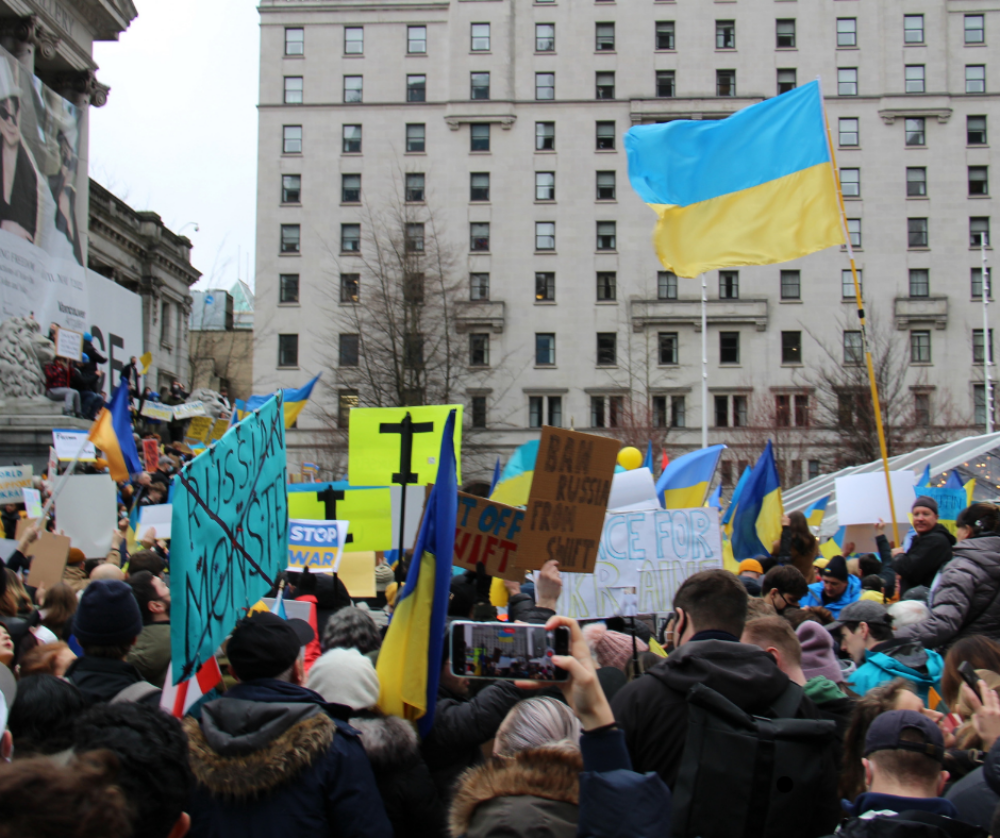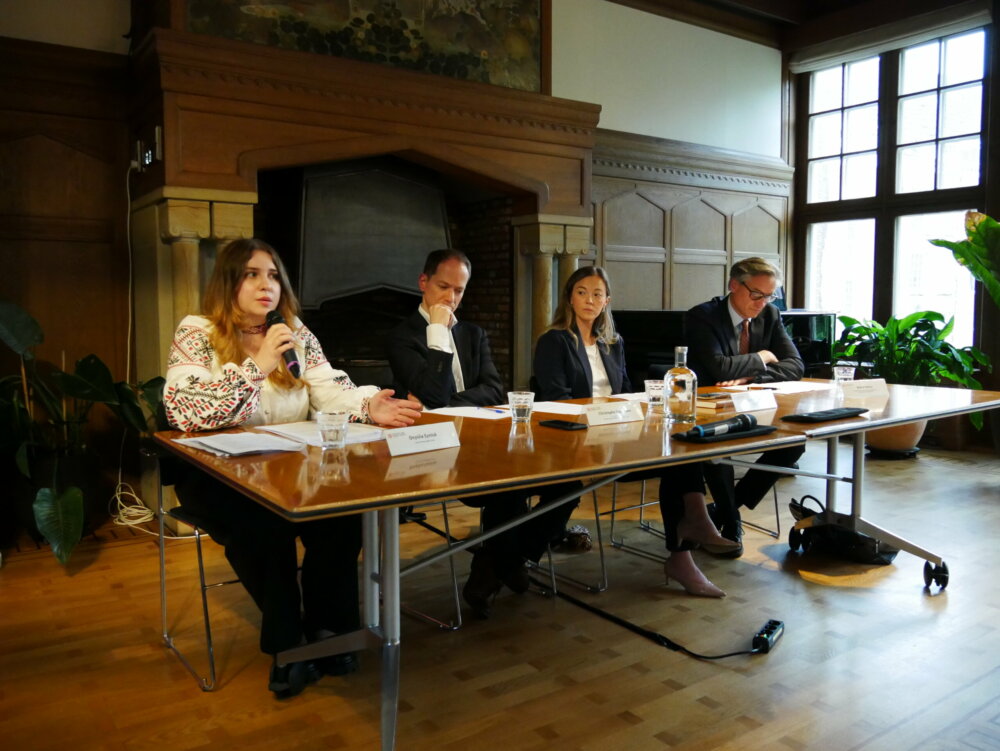LIVE BLOG Your voice is heard: OSCE Chairperson-in-Office addresses civil society gathering on eve of the OSCE Ministerial Council meeting in Basel
On the eve of the 21st OSCE Ministerial Council (MC) meeting, the Civic Solidarity Platform in cooperation with swisspeace (a peace research institute) presented a set of civil society recommendations to the OSCE Chairperson-in-Office as well as to all OSCE participating States. The Civic Solidarity Platform is a network of more than 60 human rights NGOs from across the OSCE region.
Many of the recommendations are based on the results of the work of regional OSCE civil society workshops held throughout 2014 in Belgrade, Vienna, Dushanbe, and Tbilisi. The recommendations relate to the respect for human rights and fundamental freedoms, democracy and the rule of law in the OSCE region. They address freedom of assembly, expression and association. They speak about the security of human rights defenders and the prevention of torture. But they also address more recent problems such as the right to privacy and protection of personal data. The recommendations are accompanied by the ‘Basel Declaration on Rising Intolerance, Discrimination and Hate Crimes’. A number of Ukrainian and Russian NGOs have also tabled separate recommendations on a wider inclusion of civil society in the OSCE response to the crisis in Ukraine. They have suggested establishing a Task Force of human rights NGOs and OSCE Institutions that should conduct an impartial assessment of the situation in eastern Ukraine and Crimea.
As a novelty, the Swiss Chairmanship together with the incoming Serbian Chair have decided to present a self-evaluation with regard to their own implementation of OSCE human dimension commitments. This is particularly useful, as the OSCE Chairmanship should lead by example. The self-evaluation showed that Switzerland has to improve tolerance regarding Muslims and other minorities, cantonal and municipal legislation regarding demonstrations, and the promotion of women’s participation in political and public life. In Serbia, the problems relate to the lack of systematic prosecution of war crimes, attacks on human rights defenders and lack of media freedom.
Addressing the gathering of NGO representatives, Didier Burkhalter, Swiss Foreign Minister and OSCE Chairperson-in-Office, underlined the Swiss Chairmanship’s priority to strengthen the voice of civil society in the work of the OSCE because “a broad and inclusive dialogue with civil society should be in the interest of states as it is an important factor for security.” Yet, Burkhalter also emphasized that respect for civil society is first and foremost also in the “interest of citizens.” “Your voice is heard”, Burkhalter assured the NGO gathering.
The civil society gathering prior to the MC meeting is a much needed platform for human rights NGOs in the OSCE region. The tradition of OSCE parallel civil society conferences started at the OSCE Summit in Astana in 2010. This year, the conference is of particular importance given the priority of the Swiss Chair to enhance the involvement of civil society in the work of the OSCE.
The civil society recommendations are formulated for the attention of the Ministerial Council meeting. Yet, in order for them to be absorbed by governments and to have a real impact on decisions adopted by the MC, the recommendations would probably benefit by being streamlined. As Thomas Melia, Deputy Assistant Secretary in the United States Bureau of Democracy, Human Rights and Labor suggests, “in the future it would be good if NGOs could focus their efforts and recommendations on a handful of issues.” This could enhance the attention of governments and improve implementation.



Comments
* Your email address will not be published